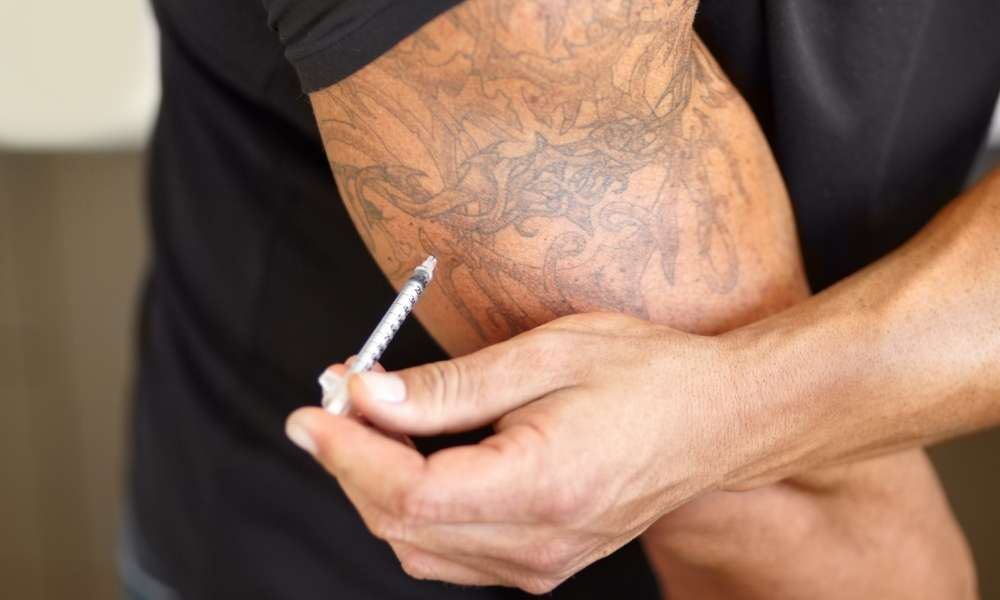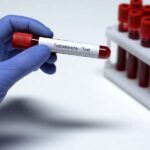Testosterone is a vital hormone in the human body, playing a key role in muscle mass, bone density, and overall energy levels. As men age, their testosterone levels naturally decline, leading to various health issues. This decline has led many to consider testosterone injections as a way to restore their hormone levels and regain vitality. But is it worth taking testosterone injections? This article, brought to you by St Johns Wellness, will explore the benefits, risks, and considerations to help you make an informed decision.
Jacksonville, Testosterone Replacement Therapy (TRT), St Augustine, FL, St Johns, Hormone Optimization, Hormone Replacement Therapy, Wellness, Holistic
Understanding Testosterone Injections
Testosterone injections are a form of hormone replacement therapy (HRT) designed to boost testosterone levels in men with low levels of this hormone. These injections can be administered intramuscularly, usually in the buttocks, thighs, or deltoids, and are typically prescribed by a healthcare provider after thorough evaluation.
Benefits of Testosterone Injections
1. Increased Muscle Mass and Strength
One of the most significant benefits of testosterone injections is the increase in muscle mass and strength. Testosterone plays a crucial role in muscle protein synthesis, which is essential for muscle growth and repair. Men with low testosterone often experience muscle weakness and fatigue, which can be mitigated with testosterone injections.
2. Improved Bone Density
Testosterone is vital for bone health. Men with low testosterone levels are at a higher risk of osteoporosis and fractures. Testosterone injections can help increase bone mineral density, reducing the risk of osteoporosis and related complications.
3. Enhanced Libido and Sexual Performance
Low testosterone levels can lead to reduced libido and erectile dysfunction. Testosterone injections have been shown to improve sexual desire and performance in men suffering from hypogonadism, a condition characterized by low testosterone production.
4. Better Mood and Mental Clarity
Testosterone influences mood and cognitive function. Men with low testosterone levels often experience symptoms of depression, irritability, and brain fog. Testosterone injections can help improve mood, increase energy levels, and enhance cognitive clarity.
5. Increased Red Blood Cell Production
Testosterone stimulates red blood cell production, which can improve oxygen delivery throughout the body. This can enhance endurance and overall physical performance.
Risks and Side Effects
While testosterone injections offer numerous benefits, they are not without risks. It is essential to weigh these risks before starting therapy.
1. Cardiovascular Risks
Testosterone therapy has been associated with an increased risk of cardiovascular events, such as heart attacks and strokes. It is crucial to discuss these risks with your healthcare provider, especially if you have a history of heart disease.
2. Hormonal Imbalance
Introducing synthetic testosterone can disrupt the body’s natural hormone production. This can lead to side effects such as gynecomastia (enlarged breast tissue in men), testicular shrinkage, and infertility.
3. Mood Swings and Aggression
While testosterone can improve mood, it can also cause mood swings and aggressive behavior in some individuals. Monitoring and adjusting the dosage is vital to mitigate these effects.
4. Sleep Apnea
Testosterone therapy can exacerbate sleep apnea, a condition characterized by interrupted breathing during sleep. If you have sleep apnea, it is essential to discuss this with your healthcare provider before starting testosterone injections.
5. Acne and Skin Reactions
Some men may experience acne or injection site reactions, such as pain and swelling. Proper injection technique and hygiene can help minimize these issues.
Who Should Consider Testosterone Injections?
Testosterone injections are typically recommended for men diagnosed with hypogonadism, where the body cannot produce sufficient testosterone. If you experience symptoms such as low libido, fatigue, depression, and reduced muscle mass, it is essential to consult with a healthcare provider. A thorough evaluation, including blood tests, will determine if testosterone injections are appropriate for you.
Alternatives to Testosterone Injections
If you are concerned about the risks associated with testosterone injections, there are alternative treatments and lifestyle changes that can help boost testosterone levels naturally.
1. Lifestyle Changes
- Exercise: Regular physical activity, especially weight training and high-intensity interval training (HIIT), can naturally boost testosterone levels.
- Diet: A balanced diet rich in healthy fats, proteins, and essential vitamins and minerals can support hormone production.
- Sleep: Ensuring adequate and quality sleep is crucial for maintaining optimal testosterone levels.
- Stress Management: Reducing stress through techniques such as meditation, yoga, and deep breathing can help balance hormone levels.
2. Natural Supplements
Certain supplements, such as vitamin D, zinc, and D-aspartic acid, have been shown to support testosterone production. Always consult with a healthcare provider before starting any supplement regimen.
3. Topical Treatments
Topical testosterone gels and creams are available as alternatives to injections. These can be applied to the skin and absorbed into the bloodstream, offering a less invasive option.
Conclusion
Deciding whether testosterone injections are worth it depends on individual circumstances and health conditions. For men with clinically low testosterone levels, injections can significantly improve quality of life by enhancing muscle mass, bone density, mood, and sexual performance. However, it is essential to consider the potential risks and discuss them with a healthcare provider.
At St Johns Wellness, we believe in providing comprehensive care and guidance for all your health needs. If you are experiencing symptoms of low testosterone, consult with our experts to determine the best course of action tailored to your unique situation.




